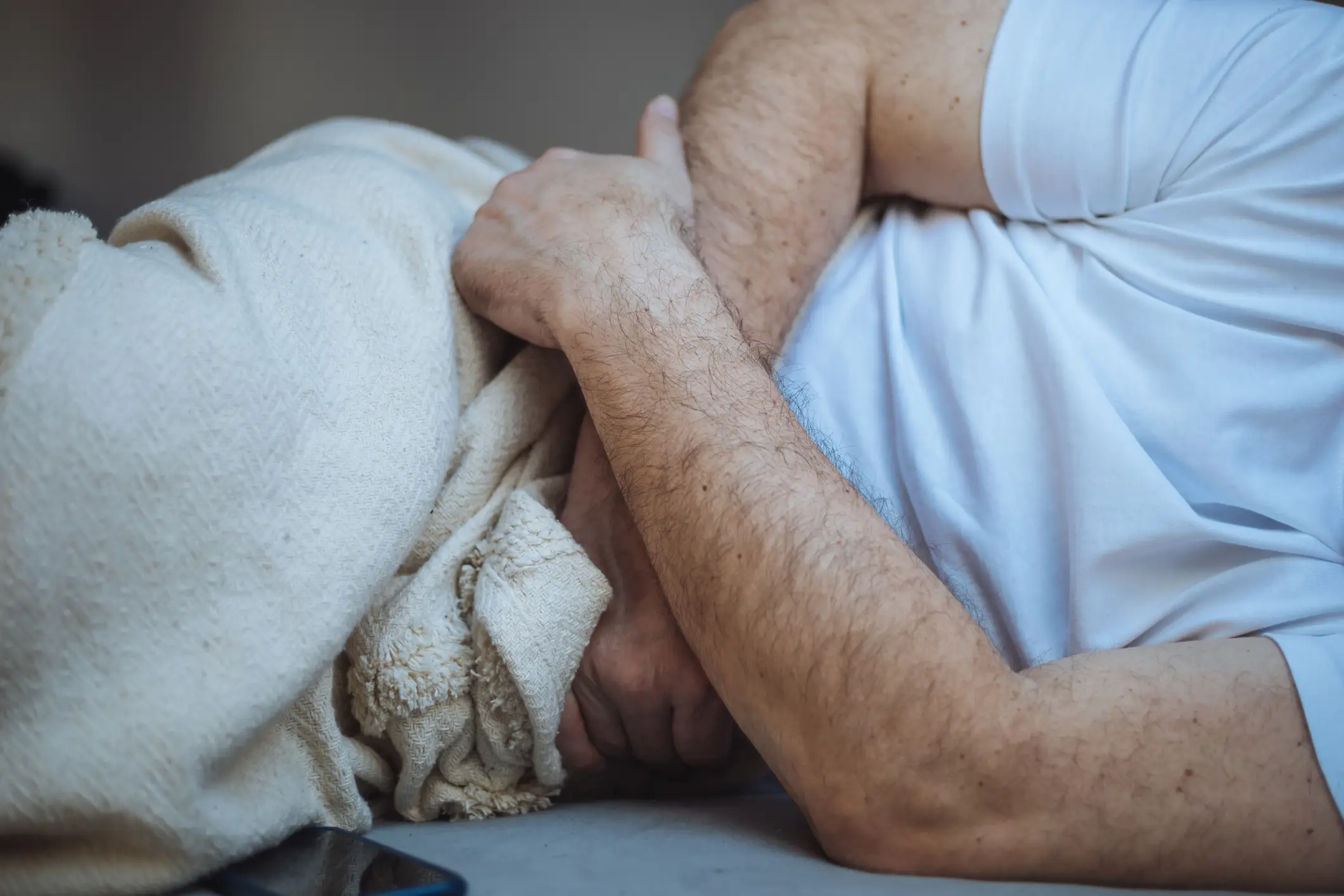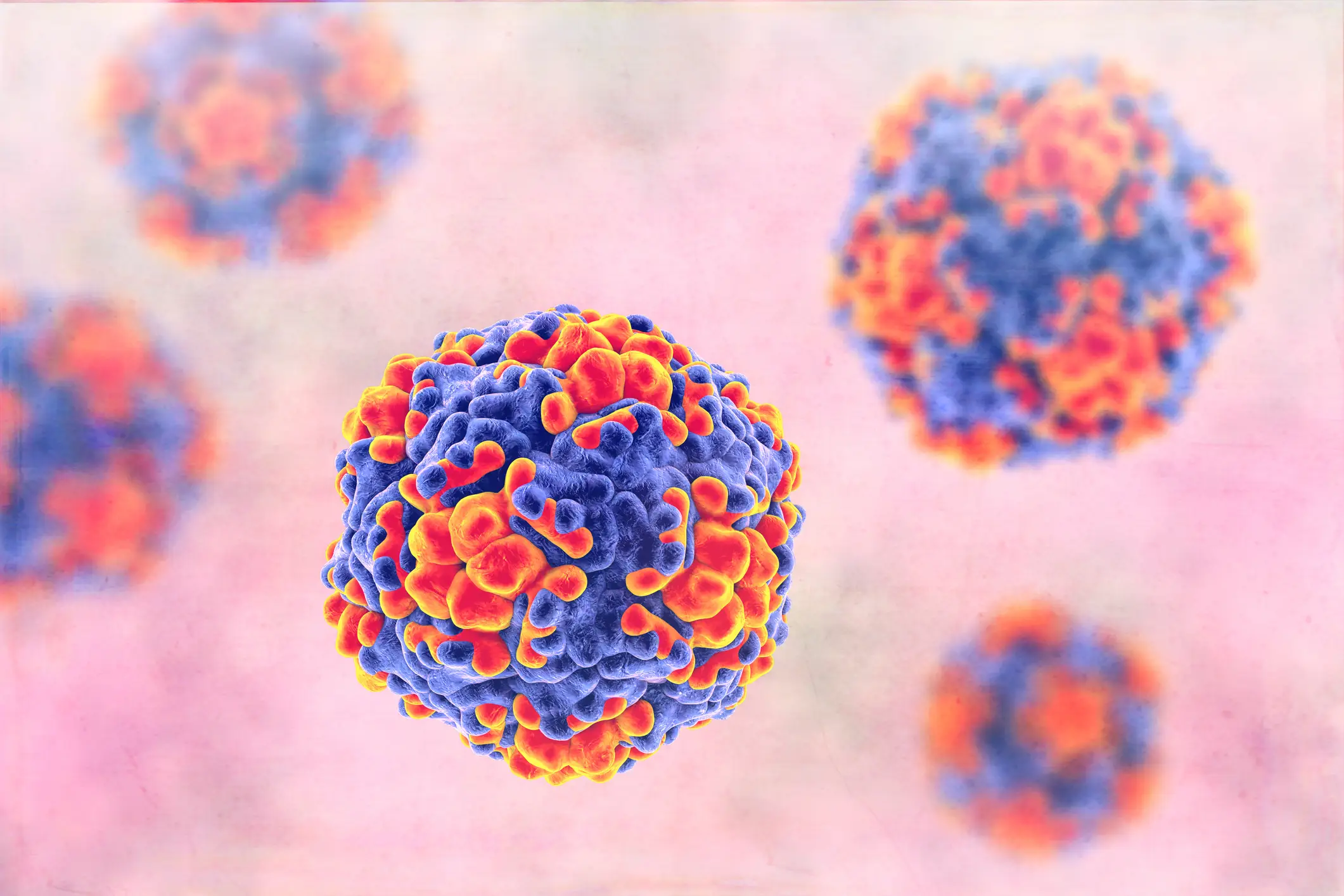
It's that time of year where everyone seems to be coming down with one bug or another, but it seems there's one particular virus that's had a hefty surge in cases.
From flu, to colds, covid and sick bugs, the winter months often brings an increase in nasty viruses.

Now, the UK Health Security Agency has issued a warning after a surge in cases of the highly contagious Norovirus.
Advert
Norovirus, which has also been nicknamed the 'winter vomiting bug', is a virus that mainly causes vomiting and diarrhoea.
Sufferers may also have a fever, a headache and muscle aches, too.
If you've had it, you'll know it's pretty unpleasant, but it does often clear within a few days.
Norovirus is very contagious and is spread via close contact, surfaces, or by eating food that's been prepared by someone with the bug.
So, if you do have it, it's essential to stay at home and rest until it passes.

Over the last couple of weeks, there's been a surge in cases in the UK, of the GII.17 strain, which is responsible for the majority of bouts of the illness in Britain.
In fact, between 4-17 November, there was a 31.6 percent increase compared to the previous fortnight.
A report by the UKHSA claimed that the virus is 'now increasing again across all age groups, with the biggest increase in adults, particularly adults aged 65 years and over'.
Reports indicate that total cases were almost double the five-season average for the same two-week period.
The report adds that there are 'multiple factors [that] contributed to the observed increase in laboratory reports, such as ongoing changes to the epidemiology following the COVID-19 pandemic or changes in testing and reporting to national surveillance'.

Amy Douglas, epidemiologist at UKHSA, said: “We continue to see high levels of Norovirus circulating in our communities. If you’ve caught the virus, take steps to avoid passing the infection on.
"If you have diarrhoea or vomiting, do not return to work, school or nursery until 48 hours after your symptoms have stopped and don’t prepare food for others in that time either.
"If you are unwell, avoid visiting people in hospitals and care homes to prevent passing on the infection in these settings.
"Washing your hands with soap and warm water and using bleach-based products to clean surfaces will also help stop infections from spreading. Alcohol gels do not kill Norovirus, so don’t rely on these alone.”
